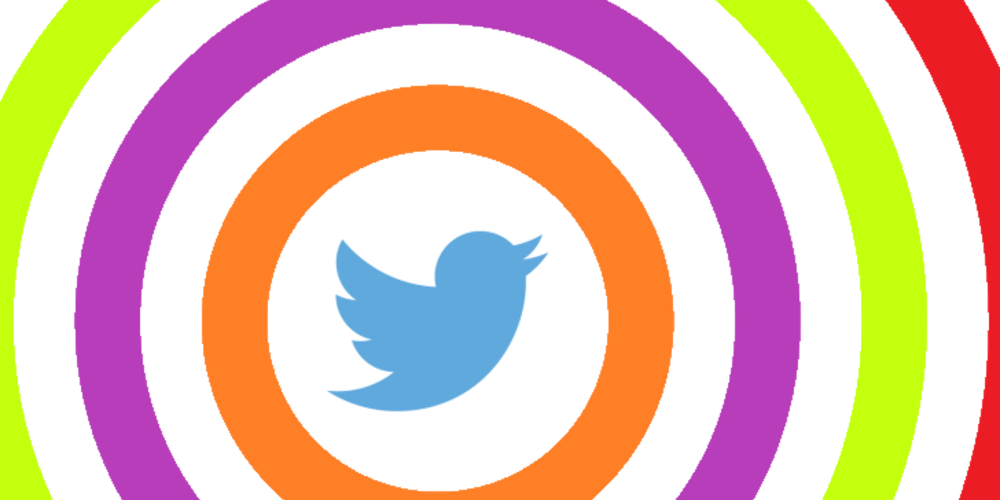Twitter's Muddled Monetization Move: A Biased and Unsustainable Approach?
- 17 Jul 2023

Twitter recently announced that it would start sharing ad revenue with content creators on the platform. This move, according to the Twitter Help Center, is aimed at supporting individuals to earn directly from their activities on Twitter. The feature is currently available in countries that are supported by Stripe for payouts and has been rolled out to a select group who will be asked to accept payments. However, the eligibility criteria include being either a Twitter Blue subscriber or Verified Organizations, and having at least 5 million impressions on your posts each month for the past three months. There are also Creator Monetization Standards, which require passing human review and include typical rules such as having a complete profile, being above 18, and not having violated any Twitter rules.
The intriguing part of this development is those who have already reaped the benefits and disclosed their earnings. It seems that the primary beneficiaries so far are high-profile, far-right influencers such as Ian Miles Cheong, Benny Johnson, and Ashley St. Claire. Andrew Tate, a notorious right-wing figure who recently came out of jail on rape and human trafficking charges, claimed that Twitter paid him over $20,000. However, not all right-wing Twitter influencers are part of the program, prominent figures like Chaya Raichik of @libsoftiktok are yet to be included. Yet, it appears that far-right influencers were prioritized in the deployment of this scheme, with many non-political accounts seemingly overlooked.
While disheartening, this move is not entirely unexpected and is likely a response to an increasing number of users migrating to Threads. Sharing ad revenue with creators seems to be a desperate attempt by Twitter to retain those who generate the most engagement: right-wing influencers. Figures like Andrew Tate and Ian Miles Cheong generate significant engagement, not necessarily due to agreement with their views, but through controversy and rage-baiting. Twitter's revenue distribution is reportedly based on the calculation of replies and monthly impressions, which directly incentivizes the posting of controversial content to generate clicks and replies.
However, questions remain regarding the sustainability of this approach. With advertisers already retreating from the platform, the company faces challenges in maintaining ad revenue. A former Twitter executive, speaking to the Washington Post, described the content monetization strategy as seemingly arbitrary and unsustainable, based on made-up metrics. The former executive voiced concerns about the company's seeming preference for certain creators, which does not present a sustainable strategy for engaging creators.
Twitter's latest monetization move is likely to exacerbate issues with the platform, which is increasingly becoming a hub for right-wing, misogynistic, and transphobic content. The hurried move towards monetization, particularly the rewarding of controversial figures, may lead to more users seeking alternative platforms. The best response for users who oppose this approach is to avoid engaging with these influencers and, where necessary, block them to prevent inadvertently contributing to their earnings. As we wait for the impact of Twitter's latest monetization plan to unfold, these steps can help maintain a healthy online environment.


